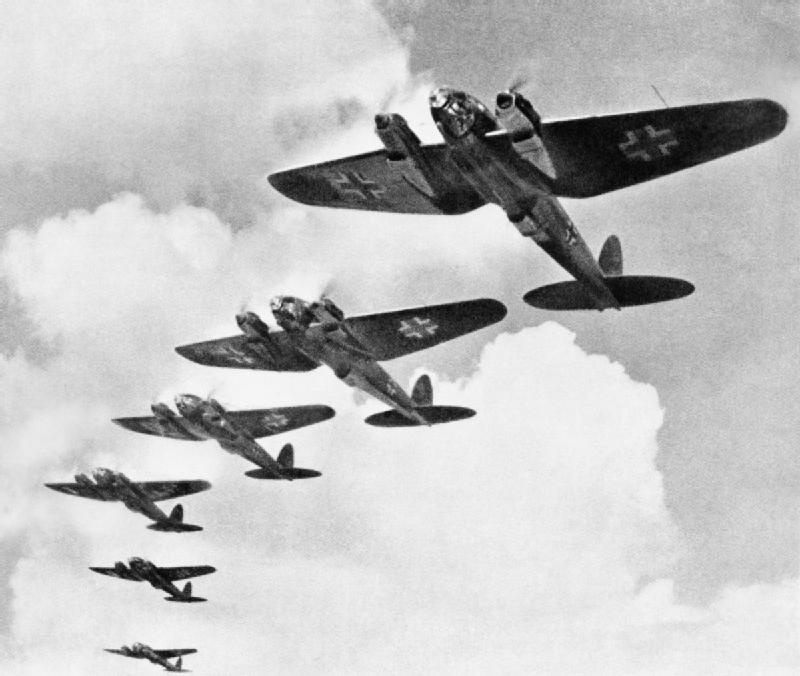 Walton composed Belshazzar’s Feast in the early 1930s, as the result of a commission from the BBC. It was supposed to be a small choral work. But the Biblical story on which the work was based could not be contained. There was too much going on in the tale of the Jews, exiled in Babylon, regaining their freedom after the Babylonian king, Belshazzar, is struck dead for his sacrilege. By 1931, the work had grown to a cantata (or oratorio) for double chorus, baritone soloist, and a large orchestra. The BBC bowed out, and the first premiere took place at the Leeds Festival in October of that year, conducted by Malcolm Sargent.
Walton composed Belshazzar’s Feast in the early 1930s, as the result of a commission from the BBC. It was supposed to be a small choral work. But the Biblical story on which the work was based could not be contained. There was too much going on in the tale of the Jews, exiled in Babylon, regaining their freedom after the Babylonian king, Belshazzar, is struck dead for his sacrilege. By 1931, the work had grown to a cantata (or oratorio) for double chorus, baritone soloist, and a large orchestra. The BBC bowed out, and the first premiere took place at the Leeds Festival in October of that year, conducted by Malcolm Sargent.
It was an immediate success.
Sargent conducted with precision and great energy to produce “an electrifying result.” -Richard Aldous
The Singers’ upcoming May performance of Belshazzar’s Feast is shaping up to be just as electrifying.
So what about Sir Laurence Olivier and the Battle of Britain?
Well, in part because of Walton’s successes in the thirties, he was exempted from military service on the understanding that he would compose music for wartime films, one of which was Laurence Olivier’s adaptation of Shakespeare’s Henry V (1944). Walton and Olivier had met in 1936 on the set of As You Like It (another Shakespearean film featuring music by Walton). Olivier and Walton were to work together on two more films after Henry V (Hamlet in 1948 and Richard III in 1955), but his music for the first of these films has steadily gained in reputation.
“Walton raised the entire battle scene from a series of camera shots into a flowing sequence of immense power.” –Sir Laurence Olivier about Henry V
Now to the Battle of Britain. With Walton’s reputation as one of England’s finest composers established by the 1960s, who else would Guy Hamilton call on to score his film The Battle of Britain? But, apparently, time had shifted attitudes towards the use of music in film. To make a long story short, Walton’s score was rejected by United Artists largely because there was not enough music to fill a planned LP. And Ron Goodwin was brought in to supply a score in place of Walton’s.
Hearing this, Laurence Olivier, one of the stars of the film, threatened to remove his name from the credits unless the studio included some of Walton’s music. The result is the now acclaimed “Battle in the Air” scene. In this segment, which frames the climactic air battles of September 15, 1940, Walton’s score is played with no sound effects of aircraft noise or gunfire, “giving this sequence a transcendent, lyrical quality.”
